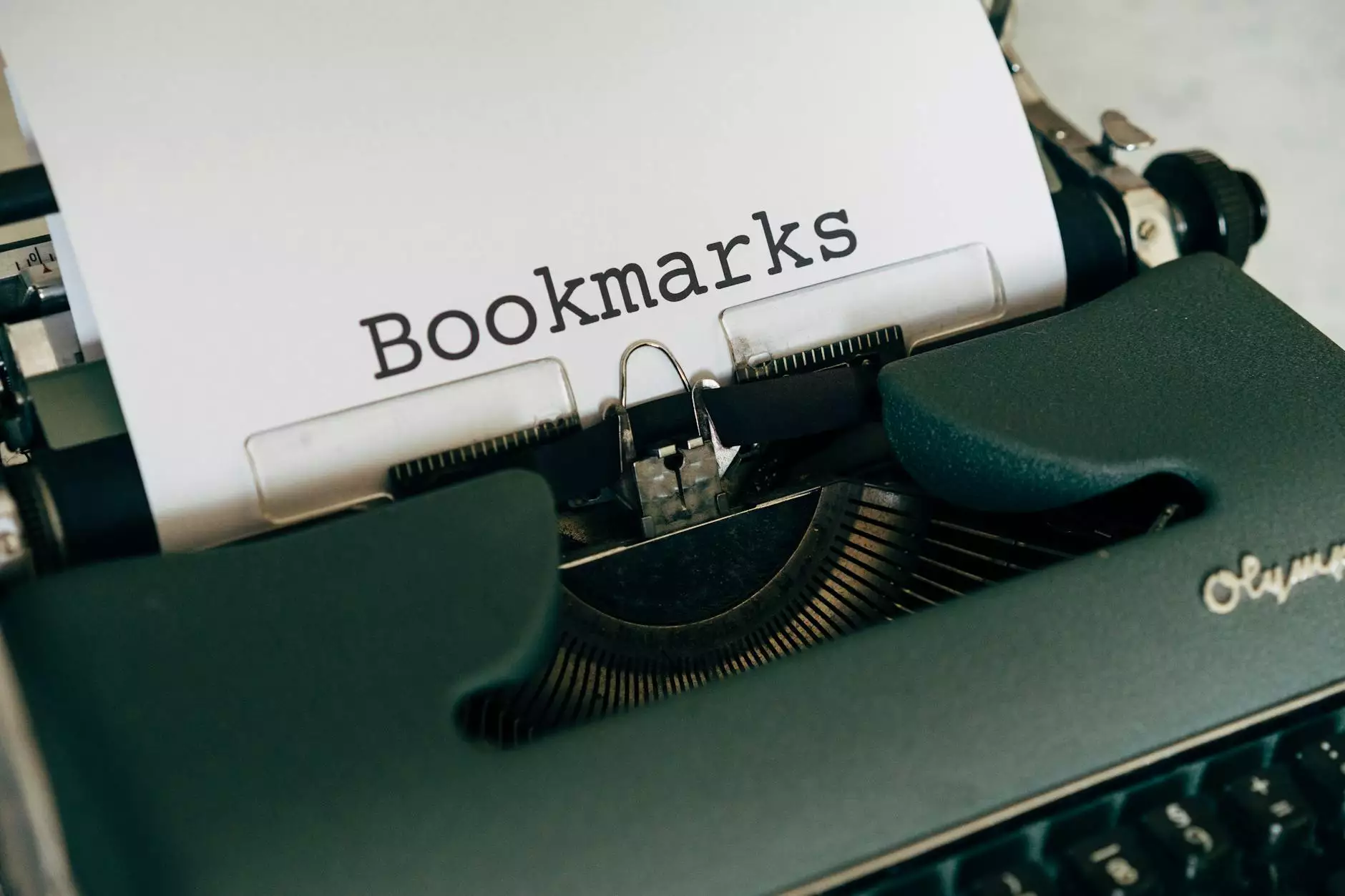How to Write an Effective Psychology Reaction Paper

Introduction
Welcome to The Knowledge Nest, your go-to resource for all things psychology. In this comprehensive guide, we will walk you through the process of writing an effective psychology reaction paper. Whether you are a student or a professional in the field, mastering the art of crafting insightful and well-structured reaction papers is crucial. Our expert tips and guidance will help you enhance your understanding of psychology concepts and improve your academic performance.
1. Understanding the Purpose
Before jumping into the writing process, it is essential to understand the purpose of a psychology reaction paper. The main aim of this type of paper is to reflect on a particular psychological concept, theory, or research study and provide your personal insights and reactions based on your understanding.
By expressing your thoughts and opinions, you can demonstrate your ability to critically analyze psychological ideas and showcase your grasp of the subject matter. This not only helps in reinforcing your own learning but also contributes to the broader academic discourse in the field of psychology.
2. Selecting a Topic
Choosing the right topic for your psychology reaction paper is vital, as it sets the foundation for the entire writing process. Consider selecting a topic that aligns with your interests and allows you to explore a specific psychological concept or research study in depth.
Remember to opt for a topic that is neither too broad nor too narrow. A narrow topic may limit your ability to provide comprehensive insights, while a broad topic might make it challenging to cover all aspects within the given word limit. Strike a balance by narrowing down your focus while ensuring there is enough information available for analysis.
3. Conducting Thorough Research
Once you have chosen your topic, embark on a journey of in-depth research. Explore reputable sources such as academic journals, books, and scholarly articles to gather relevant information. Be sure to critically evaluate the credibility and reliability of your sources to ensure the accuracy of the information you include in your paper.
4. Organizing Your Ideas
An effective psychology reaction paper requires a clear and logical structure. Begin by outlining your main ideas and organizing them into separate sections or paragraphs. This will help you maintain a coherent flow and ensure that your arguments are well-supported with evidence and examples.
Consider using subheadings to divide your paper into distinct sections. This not only enhances readability but also assists readers in navigating through your paper and locating specific information.
5. Writing the Paper
Now that you have a solid foundation, it's time to put your thoughts into words. Start with an engaging introduction that grabs the reader's attention and provides a brief overview of the topic you will be discussing. Remember to end your introduction with a strong thesis statement that clearly articulates your main argument or reaction.
In the body paragraphs, delve deeper into your analysis by providing relevant examples, research findings, and supporting evidence. Ensure that each paragraph focuses on a specific aspect and smoothly transitions to the next. Use proper citation and referencing formats whenever you include external sources.
Finally, conclude your psychology reaction paper by summarizing your main points, reinforcing your thesis statement, and leaving the reader with a thought-provoking closing statement. Avoid introducing new ideas or evidence in the conclusion, as it should mainly serve as a summary and final reflection.
6. Editing and Proofreading
No paper is complete without thorough editing and proofreading. Take the time to review your work, paying attention to grammar, punctuation, and spelling errors. Ensure that your ideas flow smoothly and that your arguments are coherent and well-supported.
Consider seeking feedback from peers, instructors, or professional editors to gain additional insights and improve the overall quality of your psychology reaction paper. Making necessary revisions based on feedback will help you polish your work and maximize its impact.
Conclusion
Writing an effective psychology reaction paper is a skill that can be mastered with practice and proper guidance. By understanding the purpose, selecting a suitable topic, conducting thorough research, organizing your ideas, and crafting a well-structured paper, you can produce a high-quality academic piece that stands out.
At The Knowledge Nest, we strive to provide you with top-quality resources and expert tips to enhance your understanding of psychology concepts. With our guidance, you can excel in your academic pursuits and contribute to the field of psychology through insightful reaction papers.










